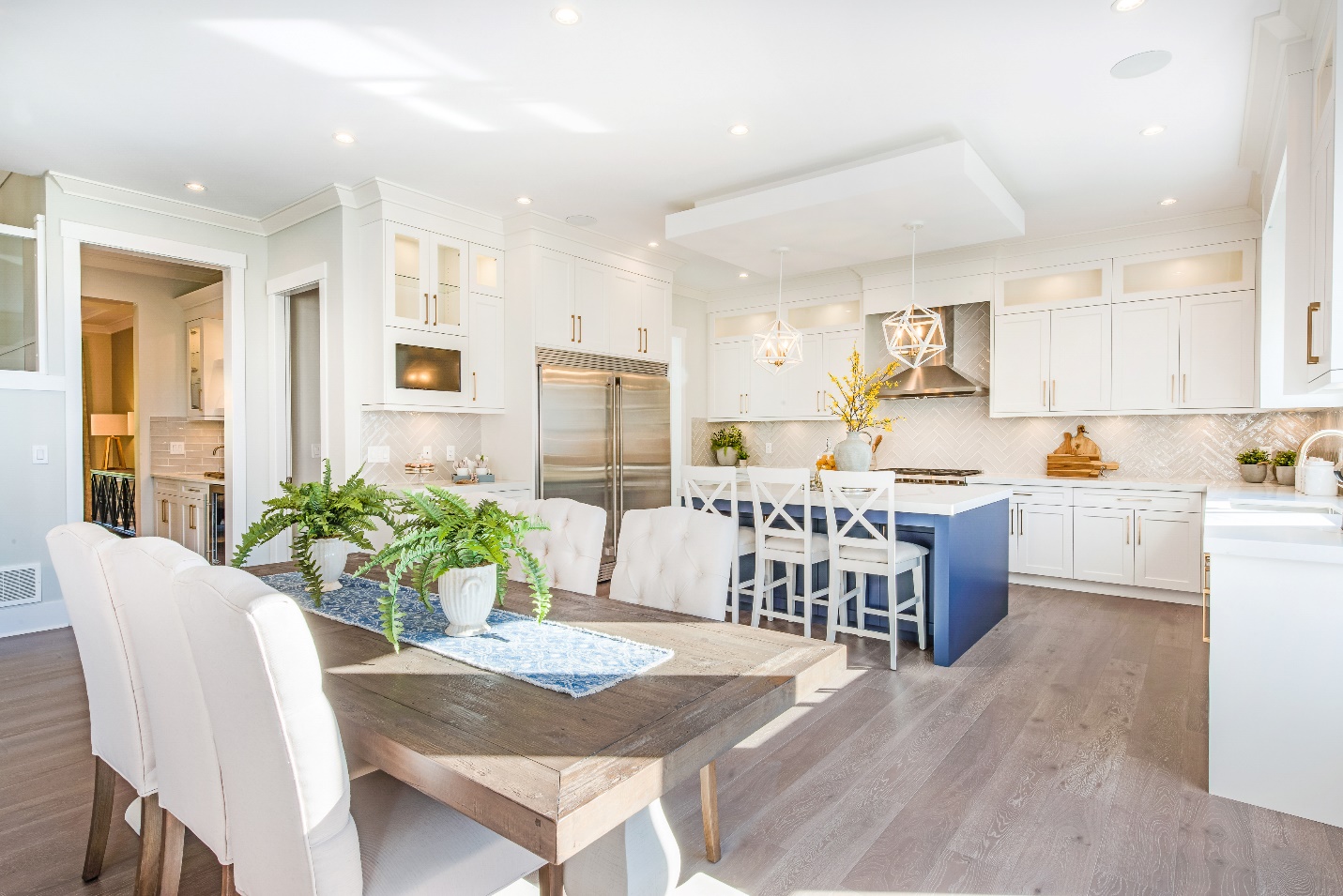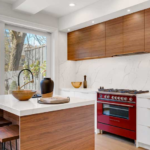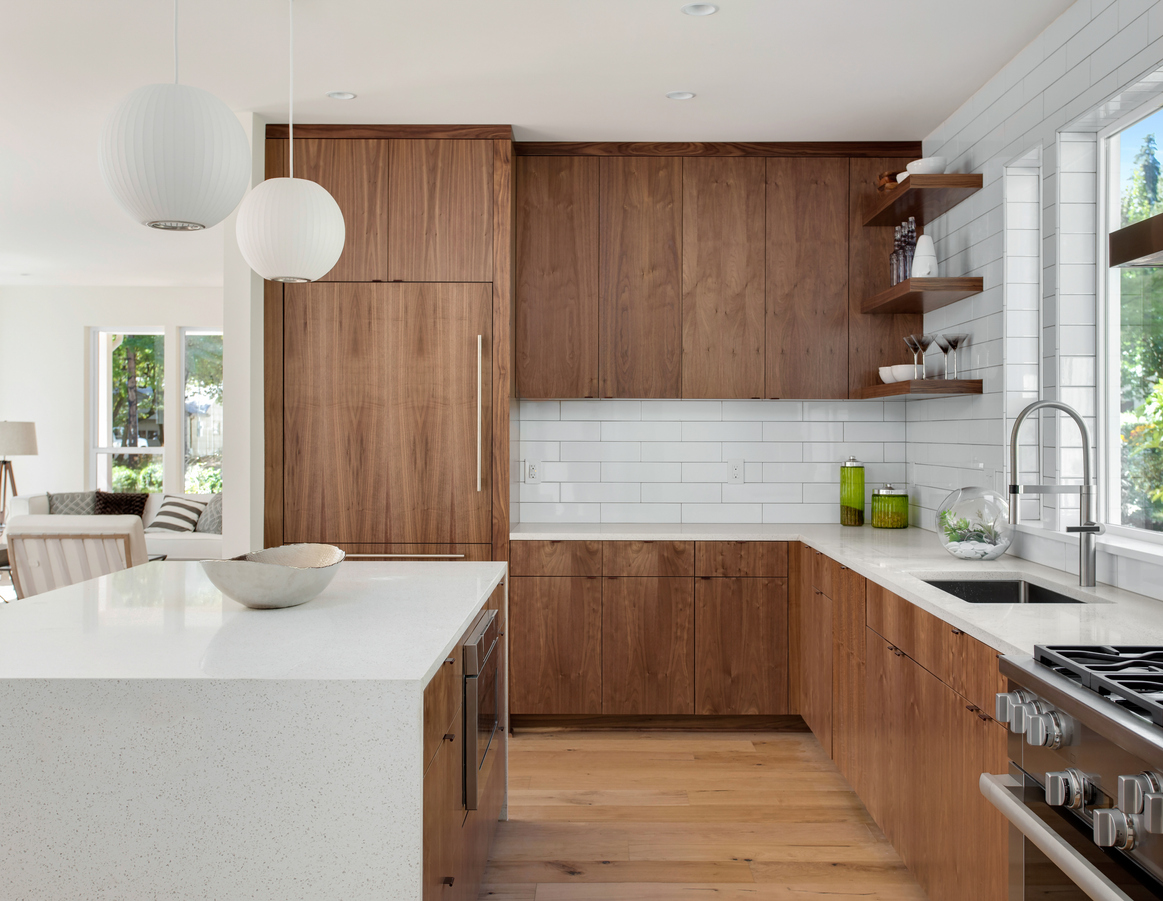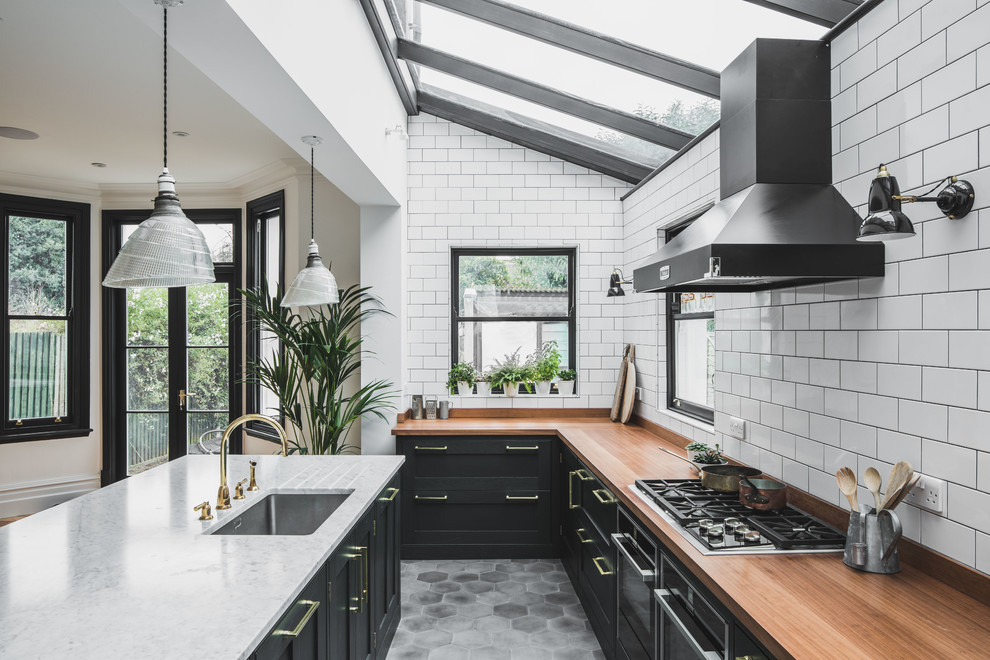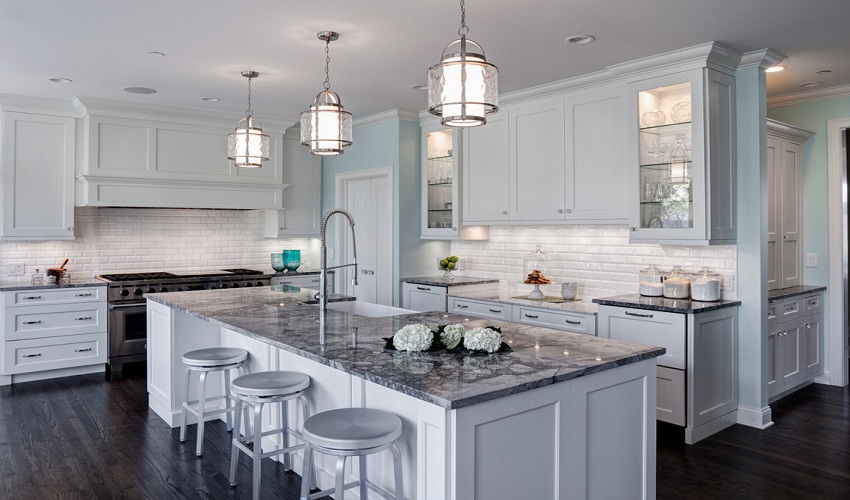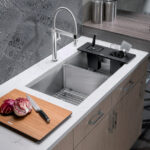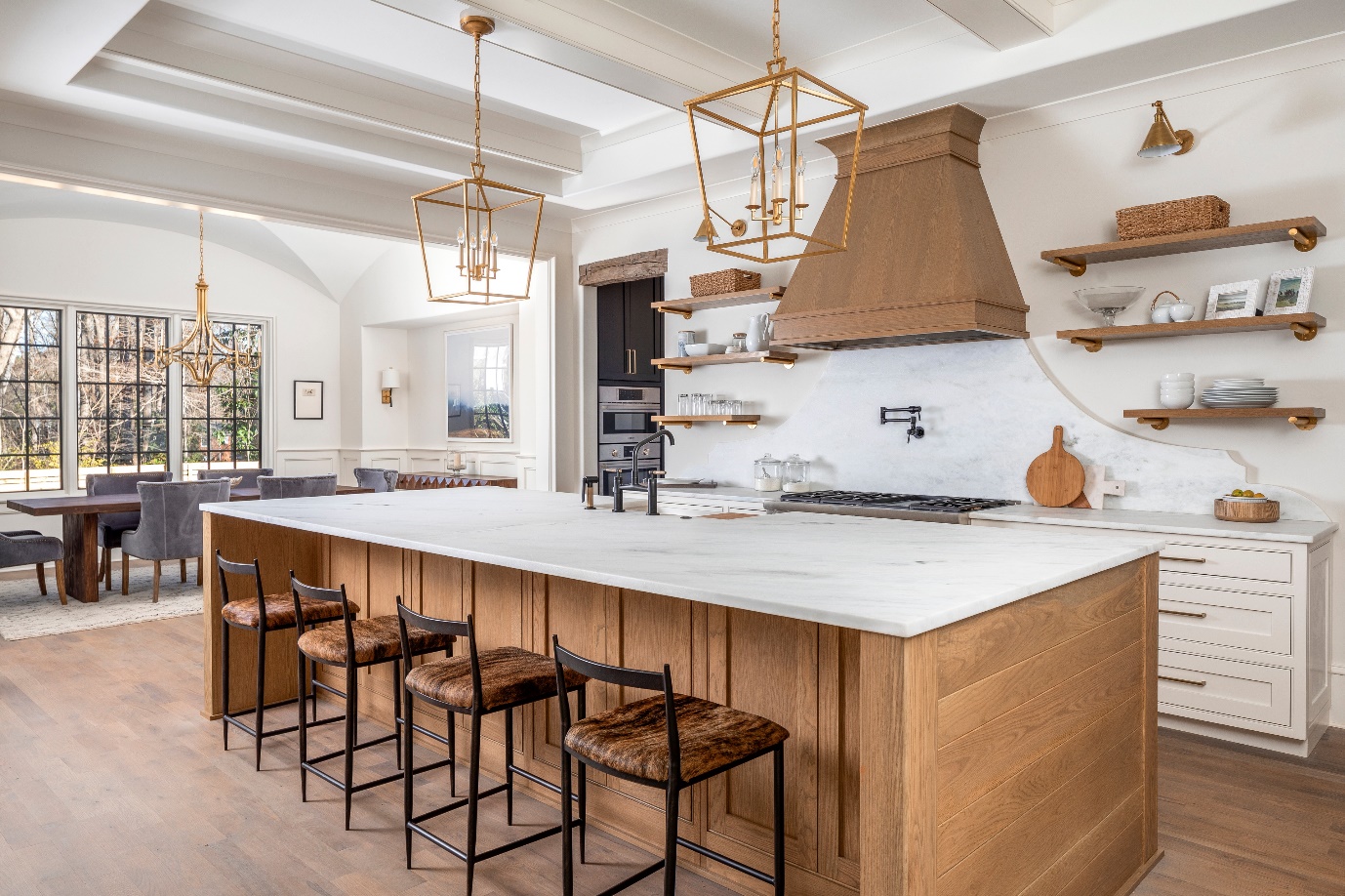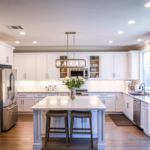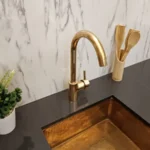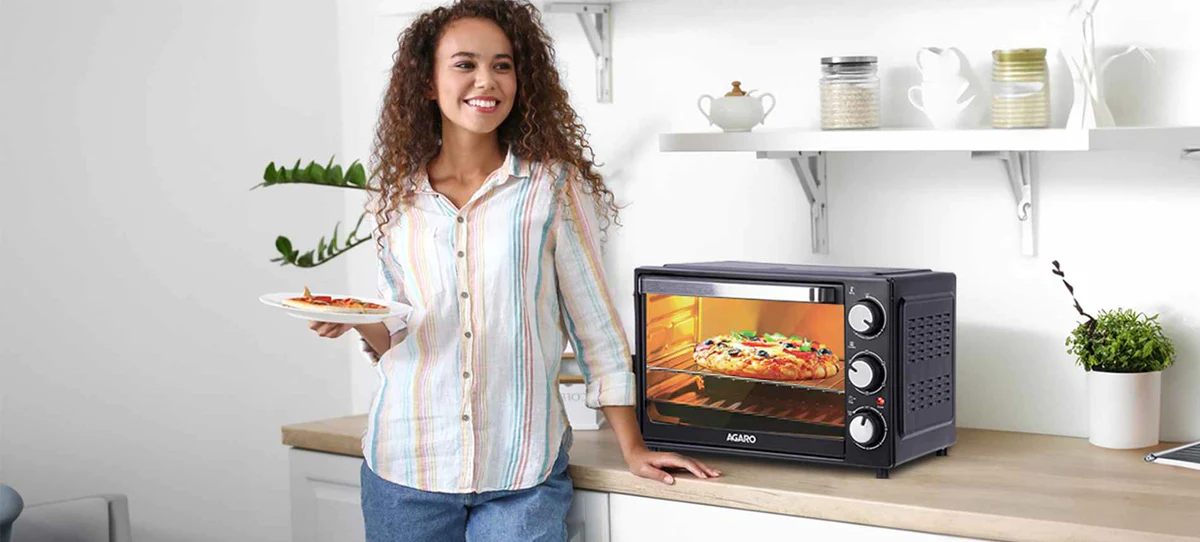
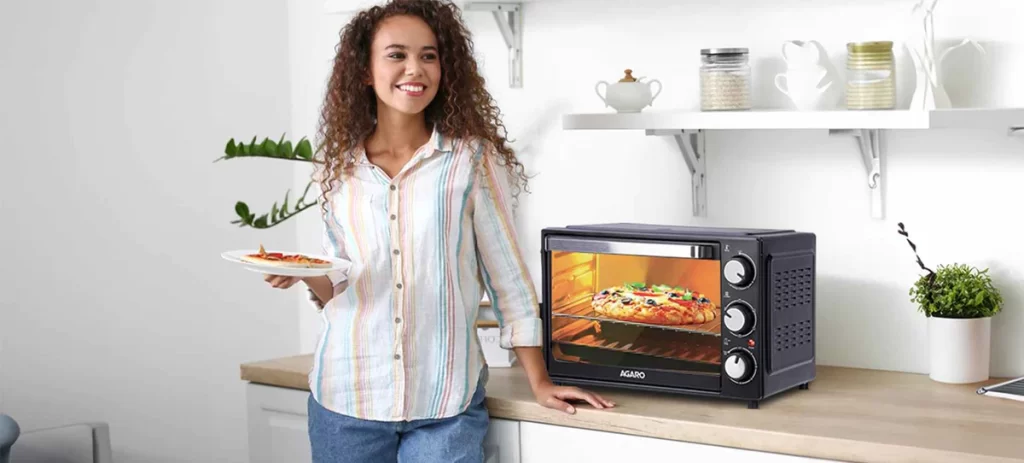
Are you in the market for a new oven but overwhelmed by the myriad of options available? Choosing the right oven for your kitchen can be a daunting task, given the diverse range of features and styles out there.
Whether you’re a culinary enthusiast or just someone who wants to whip up simple, delicious meals, we’ve got you covered.
In this comprehensive guide, we’ll walk you through the essential factors to consider when making this crucial decision. So, let’s dive in and demystify how to choose the right oven for your home.
Factors to Consider When Choosing the Right Oven:
1. Oven Type
The first step in choosing the right oven is determining the type that suits your cooking style. Here’s a breakdown of the primary oven types:
- Conventional Ovens: These are standard ovens that use heating elements at the top and bottom for cooking. They’re great for traditional baking and roasting.
- Convection Ovens: Convection ovens have fans that circulate hot air, ensuring even cooking. They’re ideal for baking, roasting, and broiling.
- Microwave Ovens: Microwaves use electromagnetic waves to heat food quickly. They’re excellent for reheating and speedy cooking but may not deliver the same results as conventional or convection ovens for baking.
2. Size and Capacity
Consider the available space in your kitchen and the size of your family when choosing oven capacity. Standard ovens typically come in 24-inch or 30-inch widths. If you frequently cook for a large group, a double oven or a range with dual ovens might be a better choice.
3. Fuel Source
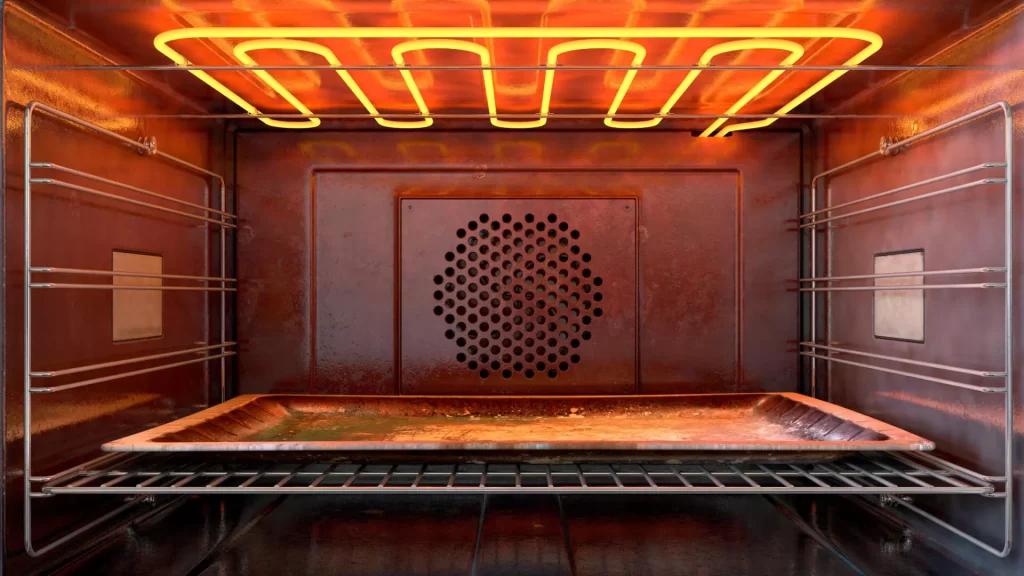
Decide between gas and electric ovens based on your kitchen setup and preferences. Gas ovens offer precise temperature control, making them suitable for baking. Electric ovens provide even heating and are energy-efficient.
4. Cooking Features
Modern ovens offer a wide range of features, from self-cleaning options to smart technology. Consider which features are essential for your cooking needs and budget.
You may also like this: Fireproof Your Home: 7 Essential Steps to Prevent Home Fires
5. Budget
Determine your budget early in the process to narrow down your options. Ovens come in various price ranges, so having a budget in mind will help you make a more focused decision.
6. Energy Efficiency
Look for ovens with an Energy Star rating to save on energy costs in the long run. Energy-efficient models often come with better insulation and advanced heating elements.
7. Cooking Style
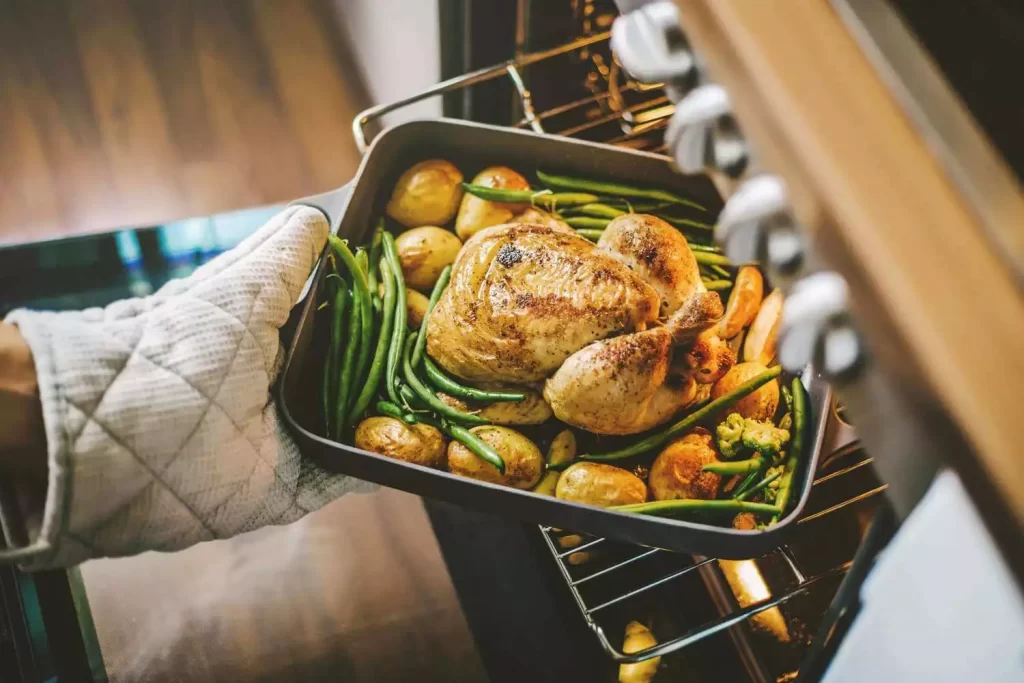
Think about your preferred cooking methods. If you’re a baker, a convection oven with precise temperature control might be essential. If you love roasting, a larger oven with multiple racks can be a game-changer.
8. Maintenance and Cleaning
Consider how easy it is to clean your chosen oven. Self-cleaning ovens use high temperatures to burn off residue, while others might require more manual effort.
9. Brand and Warranty
Research oven brands and read reviews to ensure you’re investing in a reliable product. Check the warranty to protect your purchase.
10. Installation Requirements
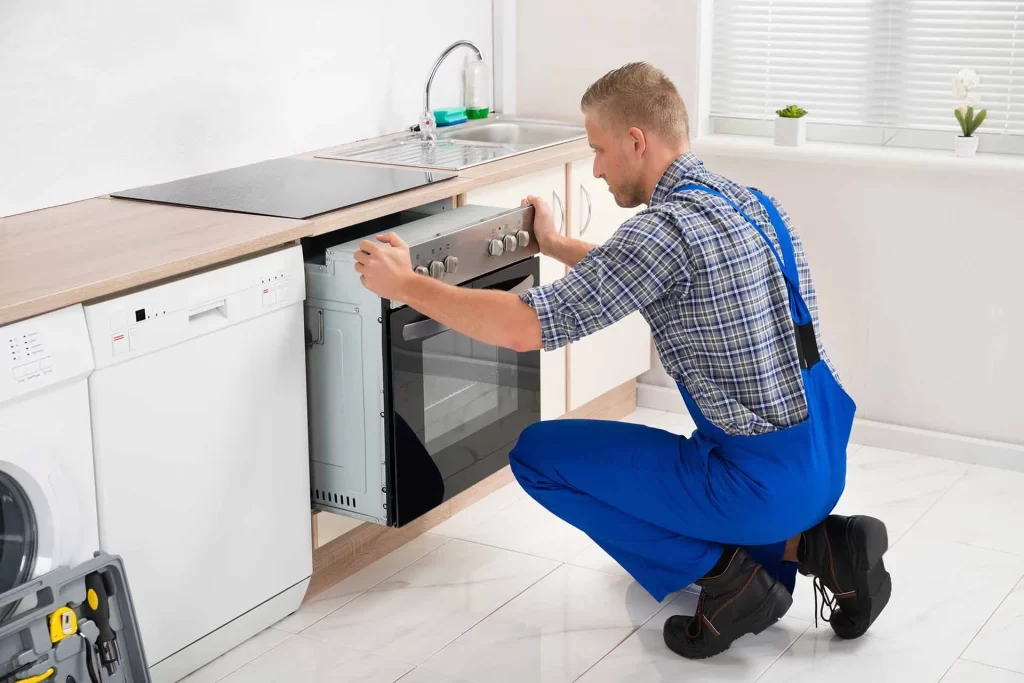
Consult a professional to ensure your chosen oven can be safely installed in your kitchen, especially if you’re switching between gas and electric models.
By considering these factors, you’ll be well on your way to selecting the perfect oven for your kitchen. Take your time, do your research, and make an informed decision that will enhance your cooking experience for years to come.
FAQs
What are the main types of ovens available?
Ovens come in several types, including conventional, convection, and microwave ovens. Conventional ovens use heating elements, while convection ovens have fans for even heat distribution. Microwaves are best for reheating and quick cooking. Each type has its unique benefits, so your choice depends on your cooking preferences.
Should I opt for a gas or electric oven?
This depends on your kitchen setup and cooking preferences. Gas ovens provide precise temperature control and are great for baking. Electric ovens offer even heating and are more energy-efficient. Consider factors like your available utility connections and the cost of operation when deciding between gas and electricity.

Elena Mohr is a dedicated home blogger who has been blogging for over six years. She covers everything home related. Elena also loves writing posts about her travels to Europe with her husband and two children.

